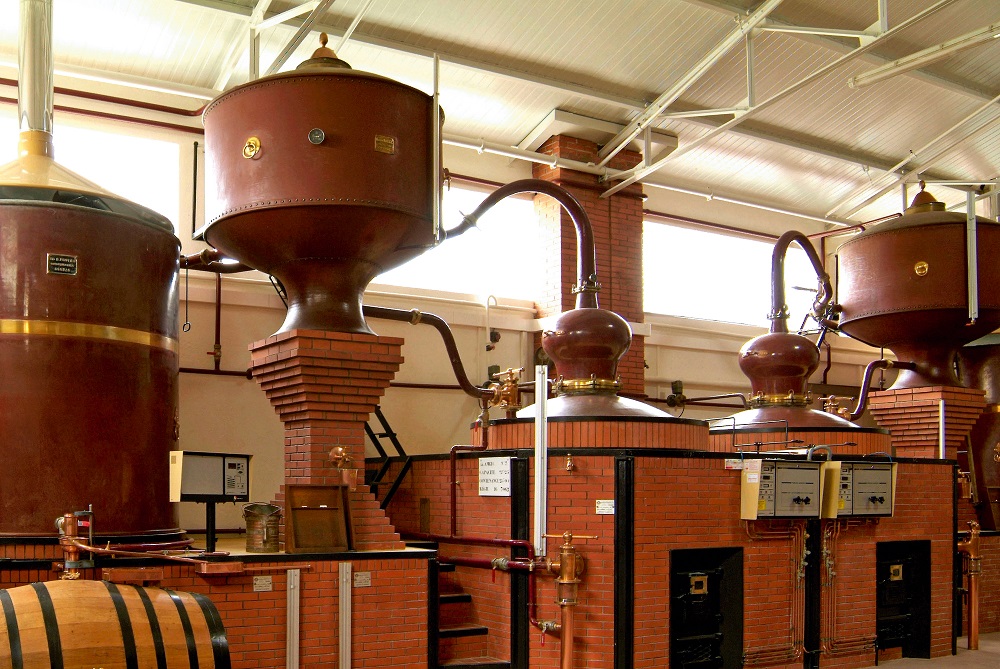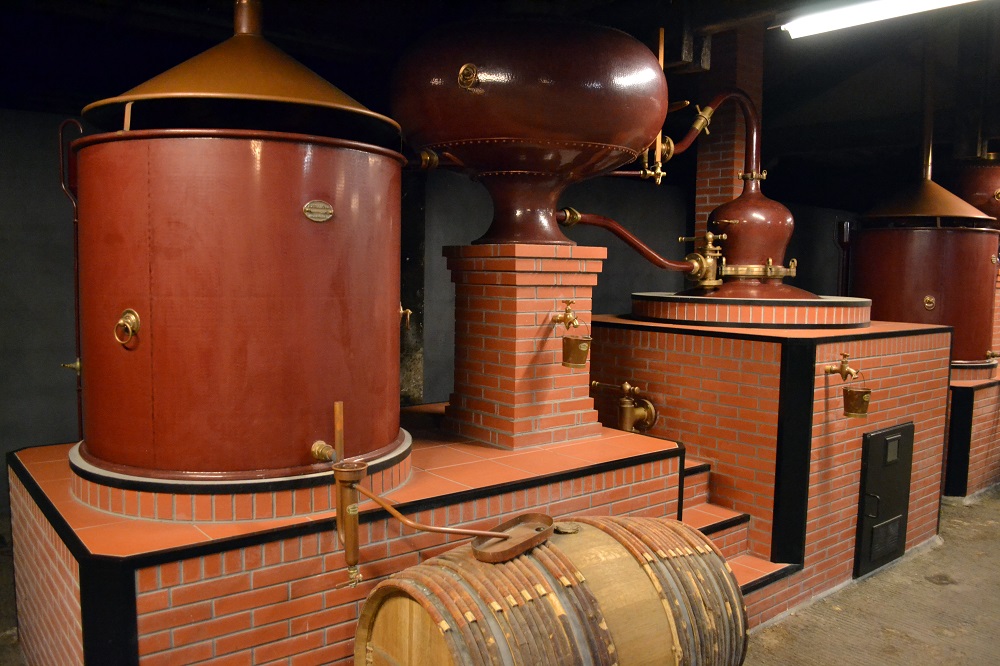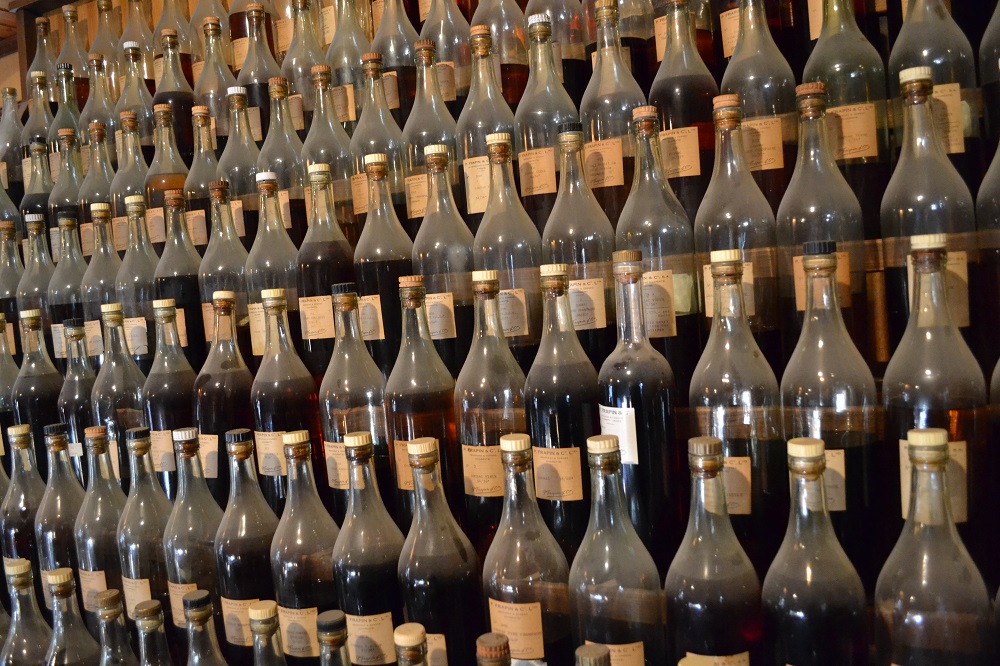The Art of Cognac Production: A Comprehensive Guide
Cognac, one of the world’s most renowned and esteemed spirits, is known for its exquisite taste and rich history. But have you ever wondered how this delicious drink is produced? In this article, we will take a closer look at the process of making Cognac, from the hand-picked grapes to the blending process.
The Cognac Region and Grape Varieties
Cognac production is a highly regulated process that can only take place in the Cognac region of France. This region is located in the southwestern part of the country and is known for its unique climate and soil, which are ideal for growing grapes for Cognac production. The grapes used to make Cognac must be one of the following varieties: Ugni Blanc, Folle Blanche, or Colombard. These grape varieties are known for their high acidity and low sugar content, which are essential for producing high-quality Cognac.
Harvesting and Pressing the Grapes
The grapes are harvested by hand and then pressed to extract the juice, which is fermented in stainless steel tanks for approximately 2-3 weeks. The process of harvesting the grapes by hand is crucial, as it ensures that only the best grapes are used for Cognac production. The pressing process is also important, as it ensures that the juice is extracted from the grapes in a gentle and controlled manner, preserving the delicate flavors and aromas of the grapes.
Fermentation and Distillation
After the fermentation process is complete, the resulting wine is distilled twice in copper pot stills. The first distillation produces a low-grade spirit known as “brouillis,” which is then distilled again to produce the final spirit. This second distillation process is crucial, as it separates the alcohol from the water and impurities, resulting in a pure and clear spirit.
The resulting spirit, which is typically around 70% alcohol by volume, is then aged in oak barrels for a minimum of two years. During the aging process, the spirit absorbs the flavors and colors of the oak, which gives it its distinctive taste and amber color. The barrels used are typically made from Limousin oak or Tronçais oak, both of which are known for their unique flavor profiles.
Aging and Blending
After the aging process is complete, the Cognac is ready to be bottled and sold. However, before it can be bottled, it must be blended by the Master Blender. This is where the art of Cognac-making truly comes into play, as the Master Blender combines spirits from different barrels to create a final product that has a consistent flavor profile.
The Master Blender is responsible for ensuring that the final product has the right balance of flavors and aromas, and that it meets the high standards of Cognac production. This is a delicate and complex process that requires skill, expertise, and a deep understanding of the different flavors and aromas of the various Cognac spirits.
The process of making Cognac is a meticulous and regulated process that requires skill, expertise, and patience. From the hand-picked grapes to the blending process, every step of the production process plays a crucial role in the creation of this exceptional spirit. Whether enjoyed on its own or in a cocktail, Cognac is a drink that is sure to impress even the most discerning palates.



